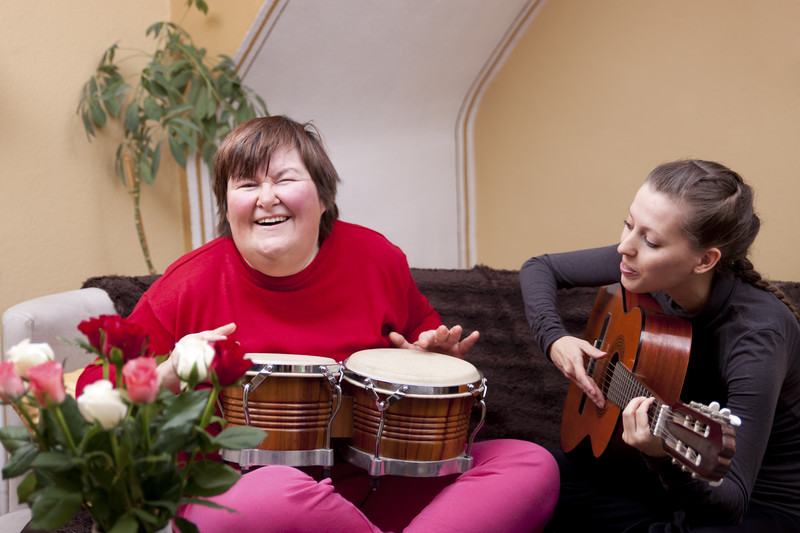What is a Center for Independent Living?
Adults with intellectual or developmental disabilities (I/DD) are able to function at a number of different levels, and can require varying levels of care and oversight throughout their lives. While some might require constant care and monitoring, others are able to live and work a little more independently and participate in supported employment vocational rehabilitation programs. There is a huge cadre of individuals, however, who fall somewhere in the middle, and it was decided by Congress at a national level in the late 1970s, that it was necessary to expand support of programs intended to expand and enhance these individuals’ ability to seek independence in the community, and to provide options other than institutional care. Out of this came grants to support Centers for Independent Living. In this blog, we’ll discuss what CIL’s are in detail.
Independent Living Services Are A Path to Independence
Not all adults with I/DD are able to immediately engage in vocational rehabilitation services once they leave school. However, this doesn’t mean that they aren’t willing and capable of pursuing a degree of independence and want to have control over certain aspects of their lives. The ultimate goal of independent living services is to teach adults with I/DD how to become empowered and productive by allowing a level of consumer control and self-determination in their daily lives through equal access and advocacy.
The Role of Centers for Independent Living
In order to accomplish this goal, the Rehabilitation Act established Centers for Independent Living, and emphasized the role of these facilities in supporting the achievement of adults with I/DD’s self-identified goals through a number of independent living services. This includes peer counseling, skills training, advocacy, and other services.
Centers for Independent Living provide residential environments that allow for freedom and autonomy, but still provide immediate access to support if necessary. They are built around the core principles of providing advocacy, peer support, independent skills development, and access to community services at a local level. Those who operate these centers work with the surrounding community to focus on issues such as ensuring accessible transportation is available and basic community services such as health and recreational facilities are available.
Properly funded, Centers for Independent Living can also provide other services such as counseling, mobility training, transportation, social and recreation services and training and education on how to participate in such activities, and even disability awareness programs in the local community.
Hands of Heartland’s Residential Habilitation Services
In Omaha and Bellevue, Hands of Heartland plays an integral role in providing adults with intellectual or developmental disabilities with access to the habilitation services they need. Our residential habilitation services programs offer care and support at a number of levels – from continuous residential services to support family programs and host home services, we have the residential program to fit your needs. Under our residential habilitation program, our Independent Living Services are designed to provide a safe independent residential environment for two individuals. The facilities allow for freedom and autonomy, but still provide residents with access to support if it’s needed. Need more information? We can’t wait to hear from you and your family to explore the ways we might be able to support your needs.

